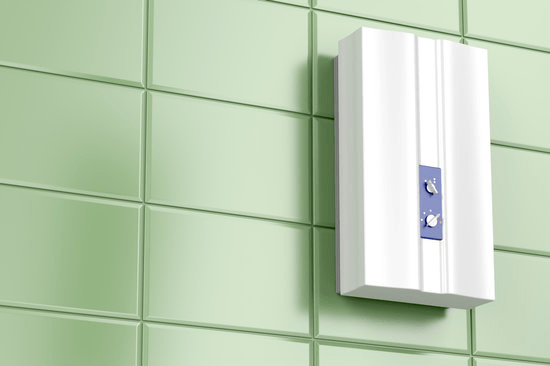The use of hot water in homes, offices, commercial centers, educational buildings and institutions increases manifolds during winter months. The demand of hot water for showers, laundry and washing makes up more than a third of an average household’s water and energy use in winter. The conservation of energy is essential as the cost of both electricity and water is increasing steadily and the consumers will have to pay more for energy and water bills.
The main areas of hot water usage in residential areas are bathroom and kitchen. Bathing consumes up to 200 liters of hot water, depending on the type of dwelling, type of fixtures/showerhead and duration of bath. It also depends on the number of users and their age. Young people tend to use and waste more water as compared to adults. Women consume water than men.
The other usage of hot water is for laundry which consumes a significant quantity of hot water. A standard warm cycle on a top loading washing machine may use up to 50 liters of hot water. People think that washing with hot water is more efficient and lead to cleaner and tidy clothes and textiles.
However, this understanding is subjective due to good quality of washing powders that are available which can offset the use of hot water and maintain fabric quality and durability. A better understanding of what types of clothes are to be washed is to be made to avoid huge quantity of hot water usage.
The amount of hot water used in the kitchen depends on how we wash our cooking utensils. For dishes washed by hand in a sink full of water will typically use around 10 liters of hot water. It is advisable to fill the sink with mixed hot and cold/ warm water and do cleaning and clearing before rinsing to avoid use of more hot water. This activity can saves a lot of hot water which otherwise goes waste.
The main hot water wastage is when we open the tap and wait for hot water to come while the cold water goes to the drain. Usually, all households are careless and do not think it is the water wastage as they wait for hot water to come. The other aspect is leakage in water heater, tank, equipment and piping. A tap dripping at one drop per second wastes 800 liters of water per month.
How to Reduce Hot Water Wastage
Here are a few tips to reduce hot water wastage and for conserving our precious water:
- Turning the hot water faucet off while shaving or brushing your teeth.
- Using low-flow faucets, taps and showerheads to reduce water flow and thereby wastage.
- Ensure geyser, washing machine and dishwashers are of right capacity based on the number of users.
- Install the hot water equipment close to the point of use to minimize long piping and heat loss like installing separate geyser in kitchen and bathroom.
- Pre–rinse the dirty dishes using cold water, or scrape them clean before putting them in the dishwater.
- Use washing machine and dishwasher only when the load is full.
- Do not waste water when you open the hot water tap, collect this water in a bucket and use it for some other purposes like cleaning and watering plants







Pingback: Energy Conservation in Mosques: A Guide | EcoMENA
Pingback: How To Keep Your Home Warm This Winter | EcoMENA
Pingback: Eco-friendly Features Of Tankless Water Heaters | EcoMENA
Pingback: Ultimate Guide To An Eco-Friendly Home | EcoMENA